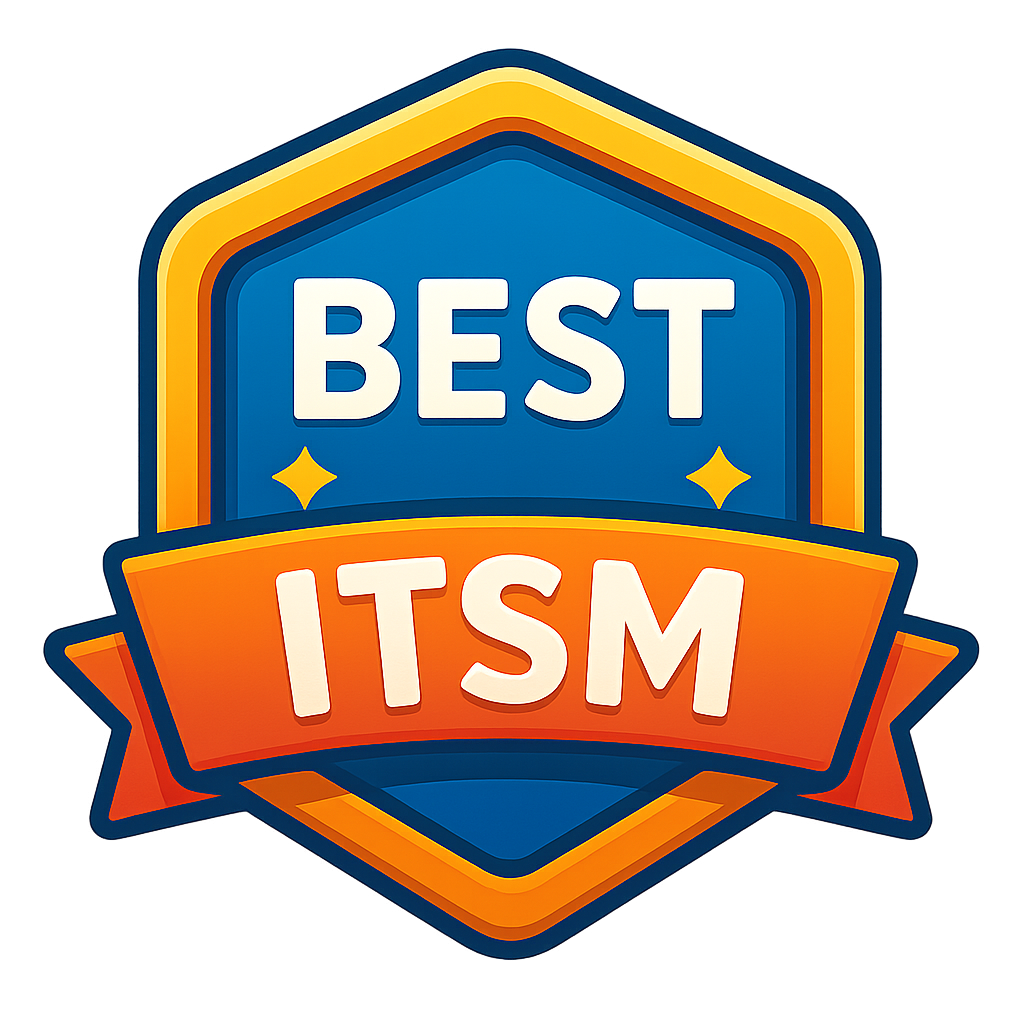B2B Software is Dead... or Is It?
In a recent interview, Microsoft's CEO suggested that most CRUD applications, SaaS platforms, and other business software solutions will be fully replaced by AI agents within the next few years. According to him, these AI-driven solutions will operate processes more smoothly and efficiently than traditional software. But is this vision of the future realistic, or is it wishful thinking influenced by Microsoft's vested interests in AI through its investment in OpenAI?
The Shift Towards AI Automation
Many organizations that have transitioned to cloud-based ecosystems such as Office365 or Google GSuite are already experiencing the gradual implementation of automation and AI-driven enhancements. These platforms provide built-in AI features, such as predictive analytics, automated workflows, and intelligent assistants that streamline various business operations. This ongoing shift raises the question: will smaller B2B software vendors survive in this new landscape?
The Vendor Lock-In Dilemma
A significant concern with adopting AI-driven ecosystems from major providers like Microsoft and Google is the risk of vendor lock-in. As organizations increasingly rely on these platforms, the cost and complexity of switching to alternative solutions become prohibitively high. This dependency can lead to a scenario where businesses have no choice but to comply with the pricing and policies of a handful of tech giants, ultimately limiting market competition and innovation.
Regulatory and Financial Challenges for Smaller Vendors
New regulations and compliance requirements around cybersecurity, data protection, and AI ethics are placing immense pressure on smaller B2B software vendors. Achieving certifications, implementing robust security policies, and adhering to evolving legal frameworks require substantial financial and technical resources. Unfortunately, many smaller vendors may struggle to meet these demands, potentially driving them out of the market and further consolidating power within a few large corporations.
The Human Element in AI-Driven Systems
While AI bots and agents can streamline business processes, they are not without limitations. Human oversight remains essential to ensure that AI systems function correctly, address anomalies, and adapt to unique organizational needs. Moreover, ethical considerations, bias management, and accountability are crucial aspects that cannot be fully entrusted to AI alone. Businesses will still require skilled professionals to oversee, audit, and fine-tune AI operations.
Although AI-driven business processes are set to revolutionize the B2B software industry, the transition may not be as rapid or seamless as predicted. Factors such as vendor lock-in, regulatory burdens, and the necessity of human oversight present significant challenges. Businesses should be cautious about placing total reliance on AI and instead aim for a balanced approach that leverages AI capabilities while maintaining operational flexibility and competitive diversity.
Ultimately, the future of B2B software may not be about its death but rather its evolution—where AI serves as an enabler rather than a complete replacement.
